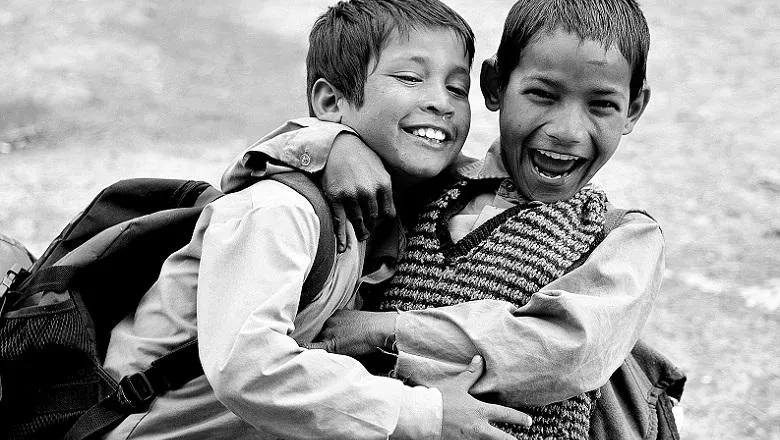31 May 2019
Youth engage with sustainable water resources in India
School of Education, Communication and Society
A visiting professor from India recently gave a talk at the School of Education, Communication and Society about her research into community participation in the restoration of water bodies.

A visiting professor from India recently gave a talk at the School of Education, Communication and Society about her research into community participation in the restoration of water bodies. During her week-long trip to the UK, Dr S Lalitha made vital connections with academics inside and outside of King's College London (KCL), demonstrating the importance of sharing research on a global scale.
Dr S Lalitha’s talk; ‘Youth engagement with sustainable water resources in India’ explored India’s acute water scarcity due to a growing population and depletion of groundwater resources, and the research study which tackled this issue. Dr S Lalitha is Assistant Professor and Head at the Department of Social Work, Rajiv Gandhi National Institute of Youth Development, Ministry of Youth Affairs and Sports, Govt., of India.
Between March 2017 and November 2018, Dr S Lalitha carried out a research study on youth civic engagement in the restoration of a pond in Tamil Nadu. Youth received training in the pond restoration process, which involved cleaning, digging, deepening, desilting, raising bunds and protection of the pond from contamination. Observation, in-depth interviews with key stakeholders, focus group discussions with youth and community members and water resource mapping were conducted to understand the dynamics, power structures, and the problems of youth and youth culture in the community.
Responses of youth before and after the training were analysed using a paired sample T-test to evaluate the impact of the training. In addition, the project raised awareness for the protection of the pond through street theatre, youth club meetings, consultation meetings with the community, house visits and word of mouth.
Making an impact
Dr S Lalitha’s research used social work intervention methods, youth work models and a positive youth development approach. She remarked that:
‘The research study created awareness across the Katchipattu Village community of the importance of conservation of water resources and community participation in restoration of water bodies. The Ramanjunar temple authorities have come forward to continue efforts to conserve pond that I restored with community participation, especially with the youth’.
'As youth were the significant stakeholders of the study, they were formed as a group and registered under Nehru Yuva Kendra, under the Ministry of Youth Affairs and Sports, Government of India, for continuing their civic engagement and building skills with the support of the Government. Efforts have been taken to register them under Society Registration Act of India to function as a collective movement/organized group for sustainable development of water resources and community development in Katchipattu Village'.
Connecting on a global level
During her time in the UK, Dr S Lalitha made useful connections for future research projects and policy formation. With KCL’s Dr Chris Tang, she will carry out qualitative research on youth health and communicative methods, and a new academic partnership will commence between Dr S Lalitha and KCL visiting professor Dr Lucy P Jordan, from the University of Hong Kong. Dr S Lalitha also initiated discussions and started writing a research proposal for a qualitative research on ‘Youth culture, idleness, deviance and risk behaviour: a case study’ with Dr. Ruth Kattumuri, Co-Director at the India Observatory, London School of Economics.
Of her new connections, Dr S Lalitha says:
‘It is very important to share academic research on a global scale to draw attention of academics, researchers and practitioners who have passion for youth work and water resource management (as emphasized in SDG Goal 6) and have the aspiration to conduct interventional research with youth on sustainable water resource management.’
Dr S Lalitha also took the time to attend several talks by KCL academics, including a two-day conference on child marriage in forced migration, and to discover resources at the British Library, the KCL, and SOAS library.
‘My visit to KCL was very useful and productive. I learnt about significance of qualitative research methods in understanding youth culture and issues pertaining to youth, and the significance of creative writing and innovative teaching pedagogies. I appreciate the learning environment at KCL and the focus and professionalism practiced by the faculty members and research scholars in teaching and research’.
